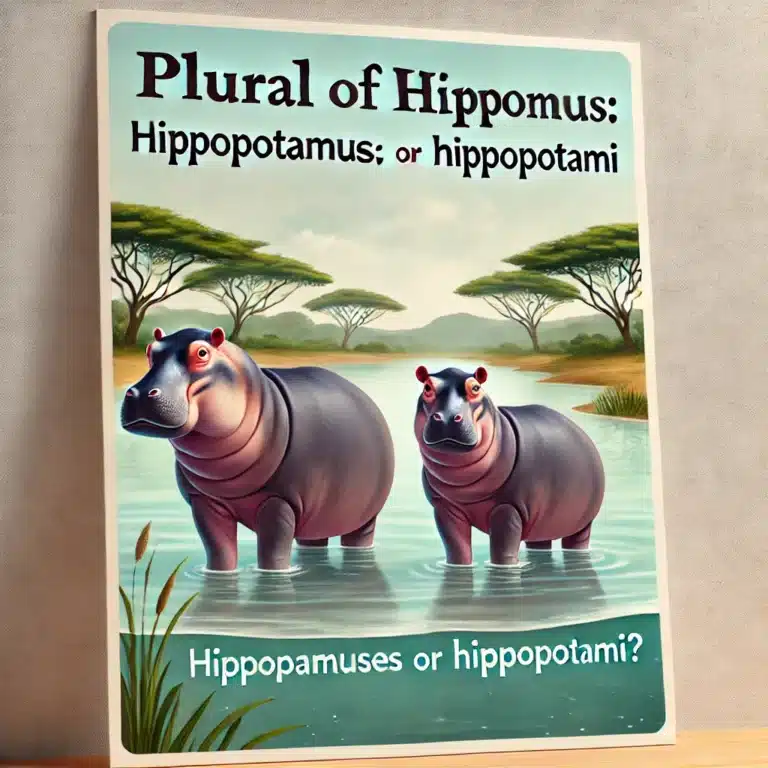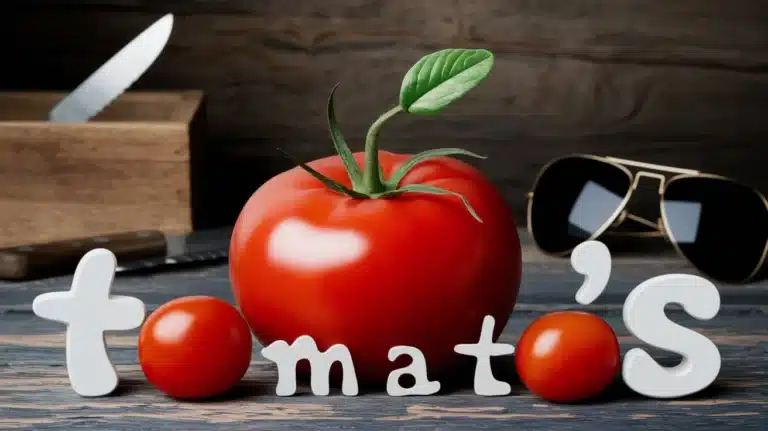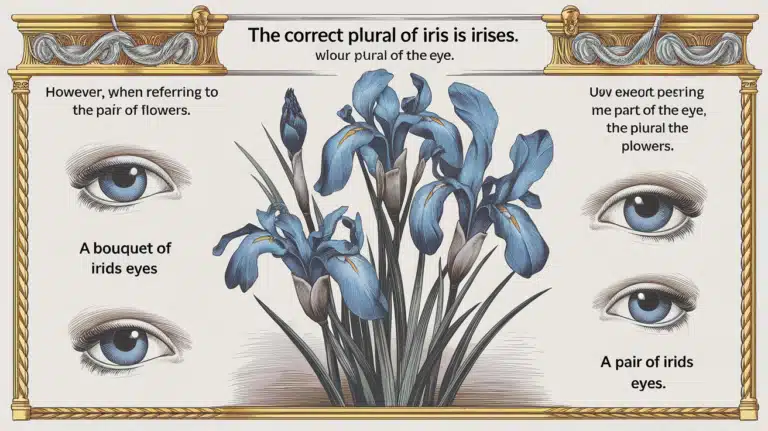Mouse or Mice: What’s the Correct Plural of ‘Mouse’?
Imagine you’re at work, juggling multiple computer mice—or is it mouses? Suddenly, you’re not sure which is right, and it throws you off! You’re not alone—the plural of “mouse” has sparked debates for years. Whether we’re talking about the furry rodent or the trusty computer peripheral, confusion is everywhere. Is it “mice” or “mouses”? In this article, we’re diving into this quirky puzzle, blending grammar rules, tech talk, and a bit of linguistic history to finally settle the score.
The Great Mouse Debate: Mouses or Mice?
Picture this: You’re writing a technical document and need to describe a situation where several computer mice are used. But wait—do you call them mice or mouses? Suddenly, you’re caught in a linguistic conundrum.
This isn’t just a problem for tech enthusiasts; it challenges writers, professionals, and students alike. Let’s dive into this debate to uncover the correct plural of “mouse”—both the rodent and the computer device.
Also Read About : Cracking the Code: Solving the Plural Puzzle in Software
The Mighty Mouse: More Than Just a Rodent
Defining “Mouse” Across Contexts
The word “mouse” refers to two very different things in modern usage:
- Animal mouse: The tiny, whisker-twitching rodent most of us recognize.
- Computer mouse: A device that revolutionized personal computing by allowing users to interact more intuitively with graphical interfaces.
But whether we’re talking about animals or technology, the pluralization of the word remains a hot topic.
From Cheese-Nibbler to Computer Peripheral
Historically, “mouse” has always referred to the rodent. The transition of the word to describe the computer peripheral happened in the 1960s. When tech developers needed a term for the device, they opted for “mouse” due to its similar size and shape to the small creature. Since then, computer mice have become essential to our digital experience.
Whiskers and Wires: Distinguishing Mice From Rats
Size Matters
Rodents, while grouped together, are distinct in their physical attributes. Mice are much smaller than rats, usually weighing less than an ounce. In contrast, rats are more robust and heavier.
Tech Talk: Why We Don’t Have Computer “Rats”
The term “rat” is absent from tech jargon, partly because it doesn’t evoke the same nimble, precise qualities associated with the mouse. Unlike the light, agile computer mouse, a “rat” would feel clunky and intimidating as a metaphor.
Pluralizing Peculiarities: The Case of “Mouse”
Regular vs. Irregular Plurals in English
In the English language, irregular plurals are common. Typically, we add an “-s” or “-es” to form plurals—think “cat” to “cats” or “box” to “boxes.” But irregular plurals, like “man” to “men” and “mouse” to “mice,” break these rules.
The Linguistic Reasoning Behind “Mice”
The plural form “mice” follows an ancient linguistic pattern that dates back to Old English. The transformation of vowels in pluralization, known as umlaut, explains why “mouse” becomes “mice.” This phenomenon also applies to words like “foot” becoming “feet.”
Why Some Folks Lean Toward “Mouses”
When it comes to computer devices, some users gravitate toward “mouses.” The reasoning is rooted in a desire to standardize pluralization. Since most nouns take “-s” for their plural forms, many believe that “mouses” fits better for tech objects.
Mice vs. Mouses: Grammar Rules and Style Guides
Grammar Rules and Style Guides Weigh In
According to most style guides (like Chicago Manual of Style), the correct plural of mouse for both the animal and the computer device is mice. However, some tech-focused communities and industries have adopted mouses as a valid plural for the computer peripheral.
Usage in Tech Circles
In everyday tech jargon, you’ll hear both mice and mouses. For instance, Apple generally uses the plural “mice,” while gaming forums might say “mouses” to clarify they are discussing peripherals and not small creatures.
Of Mouses and Men: The Etymology of “Mouse”
Ancient Roots and Indo-European Connections
The word “mouse” is deeply rooted in Indo-European languages. Its origins are tied to the Proto-Indo-European word “mus,” meaning both the rodent and small creatures in general. The plural forms we know today evolved over centuries as languages branched out and developed their own grammar rules.
How “Mouse” Scurried Into the Tech World
The crossover into tech came about because of the device’s resemblance to the animal. When developers saw the device’s shape, with its tail-like cord, the name “mouse” seemed appropriate.
Putting It in Context: “Mouse,” “Mice,” and “Mouses” in Action
| Situation | Preferred Plural Form |
|---|---|
| Discussing multiple rodent mice | Mice |
| Talking about multiple computer mice | Mice or Mouses |
| Referring to different mouse brands | Mice |
For clarity, “mice” is always acceptable when referring to both rodents and computer devices. However, “mouses” is increasingly used in tech contexts.
Beyond English: Mouse Plurals Around the World
Romance Languages
- Spanish: Ratón (plural: ratones)
- French: Souris (plural: souris)
- Italian: Topo (plural: topi)
Germanic Tongues
- German: Maus (plural: Mäuse)
- Dutch: Muis (plural: muizen)
Asian Languages
- Chinese: 鼠标 (shǔbiāo)
- Japanese: マウス (mausu)
In most languages, the plural follows standard rules or remains unchanged, as in French.
The Tech Perspective: How Companies Handle the Plural
Apple’s Approach
Apple sticks to the traditional “mice” in its documentation and advertising, showing respect for grammar conventions while keeping language concise.
Microsoft’s Stance
Microsoft has also predominantly used “mice”, although tech forums and product discussions sometimes prefer “mouses” for clarity.
Cultural Impact: Mice in Literature, Art, and Pop Culture
From the playful mice in “Three Blind Mice” to the world-famous Mickey Mouse, these tiny creatures have captured the cultural imagination. Their presence extends into literature, like George Orwell’s “Animal Farm” and Art Spiegelman’s “Maus”.
The Future of “Mouse”: Language Evolution in the Digital Age
With the rise of voice-controlled devices and emerging tech like VR, the term “mouse” may see diminished use. New terms could evolve as devices become more intuitive.
Conclusion: Embracing Linguistic Diversity
Ultimately, both “mice” and “mouses” have their place in modern language. While mice remains the standard plural form, mouses reflects evolving tech language. The beauty of the English language is its adaptability and nuance.
FAQs
Can I use “mouses” in a formal paper?
Not usually. Stick with mice unless you’re writing informally about tech.
What about “mouse pads” vs. “mice pads”?
Always use mouse pads.
How do I refer to multiple computer mice of different brands?
You can say “mice” for general reference or specify “multiple mouses” if clarity is needed.







